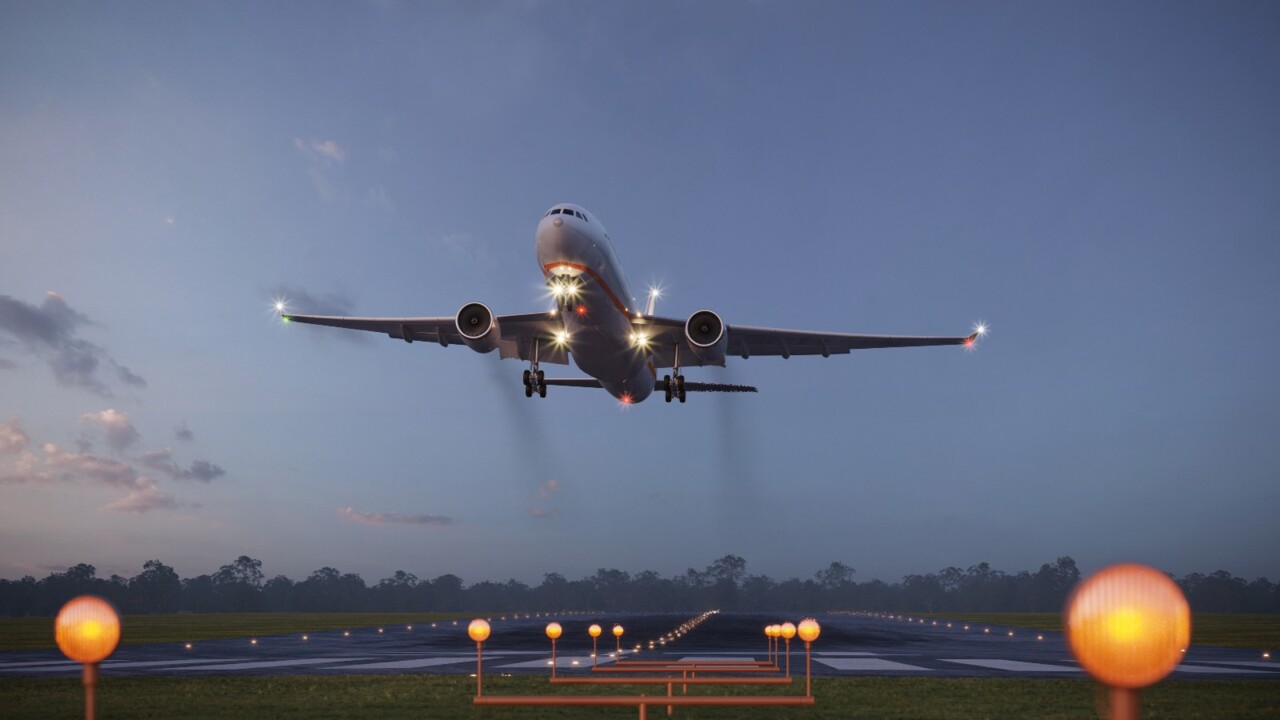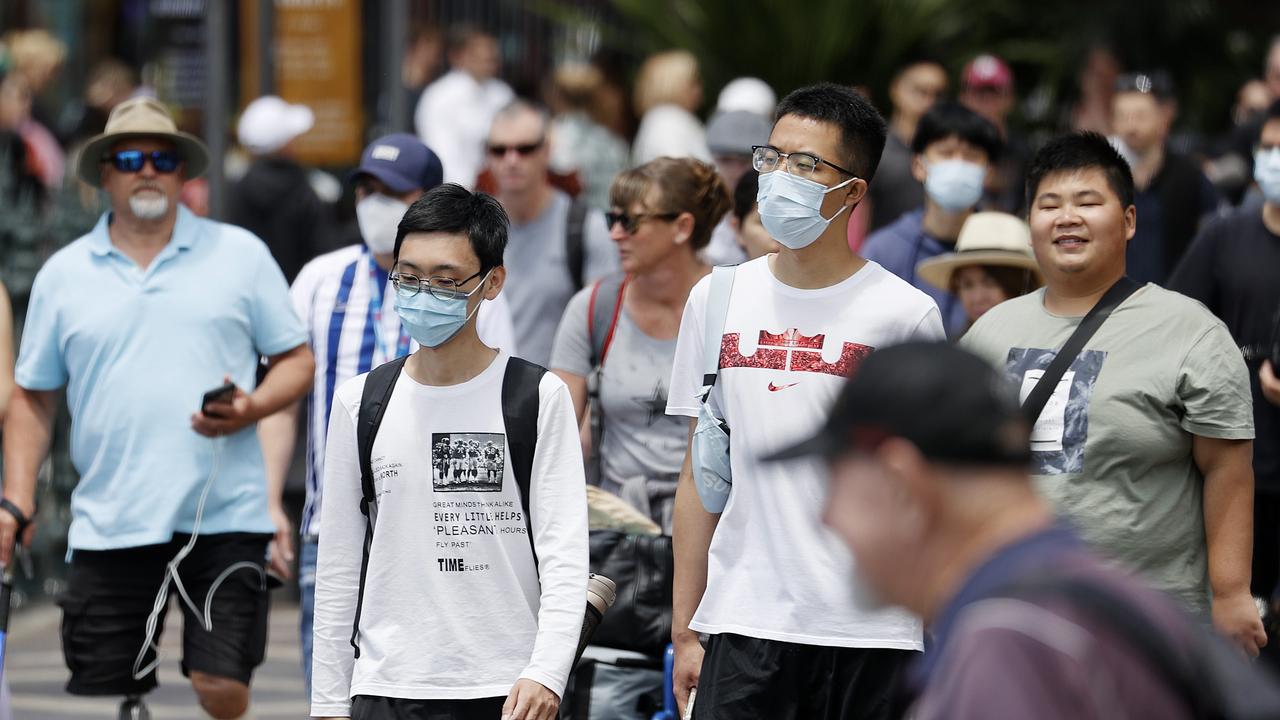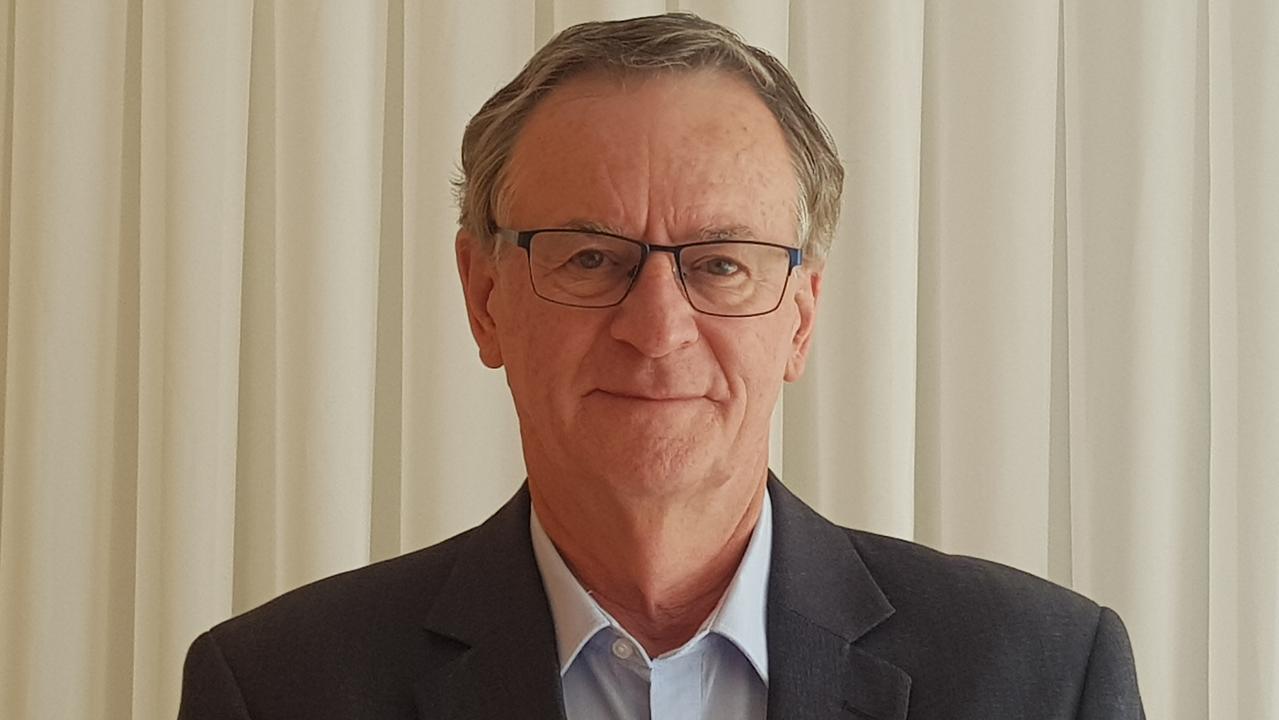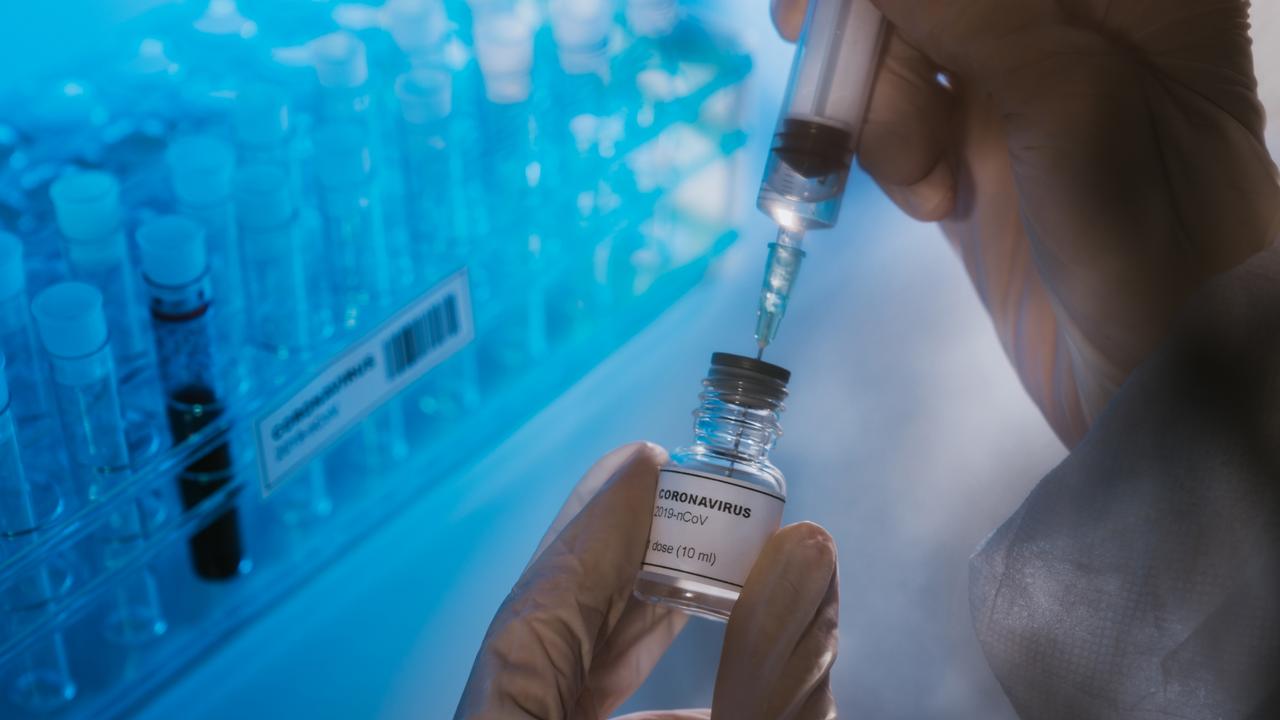Covid surge looms over one state as next Aussie peak revealed
It’s been revealed when Australia will experience the next Covid surge, but one state is expected to reach its peak much sooner than the rest.

An epidemiologist has revealed when Australia can expect the next wave of Covid infections to peak, but one state will experience a surge much sooner than the rest.
The Omicron wave peaked across the nation at the end of last year, according to infectious diseases physician and microbiologist Peter Collignon.
The Australian National University professor told NCA NewsWire that “numbers everywhere appear to be going down”, with significant falls in hospitalisations.

Federal figures show 1430 people are in hospital with Covid, down from 2753 last month.
The number of people in intensive care has more than halved in the same month from 102 to 44 patients.
Despite the positive news, Professor Collignon warned that the country would be hit by another surge of Covid infections in the middle of the year.
“Unless something dramatic happens in Europe and America, my expectation is that we will probably see another peak in winter or late autumn,” he said.
However, experts predict South Australia will experience a peak even sooner as the state prepares for a month of festivals in March.

State modelling suggests the state could record as many as 1100 cases a day as tens of thousands visitors flock to enjoy the cultural celebrations.
It’s predicted that up to 100 people a day will be hospitalised with infections towards the end of March.
Both numbers are still below the December peak, which Professor Collignon said was consistent with the waning virulence of Covid.
“As time goes on, these peaks as judged by deaths, and intensive care admissions will be smaller not bigger,” he said.
“I do think 2023 will be much better from now on than what we’ve had over the last year or so.”
He explained that Australia’s outlook was optimistic because the Omicron strain was less deadly and more people had been vaccinated.

More than 90 per cent of Australians have already had Covid, so the worst of the effects have already been felt.
“It’s not as if we’re not going to have any problems, but it’s just going to be markedly less than a month or two ago,” Professor Collignon said.
Australia’s fatality rate has fallen dramatically from 1 or 2 per cent in 2020 to only 0.1 per cent of cases identified.
Professor Collignon, who is also the executive director of ACT Pathology at Canberra Hospital, said Covid would be comparable to influenza.
He predicts Covid will have a similar death toll to the flu, which claims the lives of 2000 to 3000 Australians each year.

The best way to protect against Covid is to avoid crowded indoor settings, stay home when sick and regularly wash your hands.
“Bars, clubs, gyms are probably more dangerous than going to a concert, even if it’s indoors,” Professor Collignon warned.
He suggests all vulnerable people get vaccinated by May in order to prepare for the winter surge in Covid infections.



